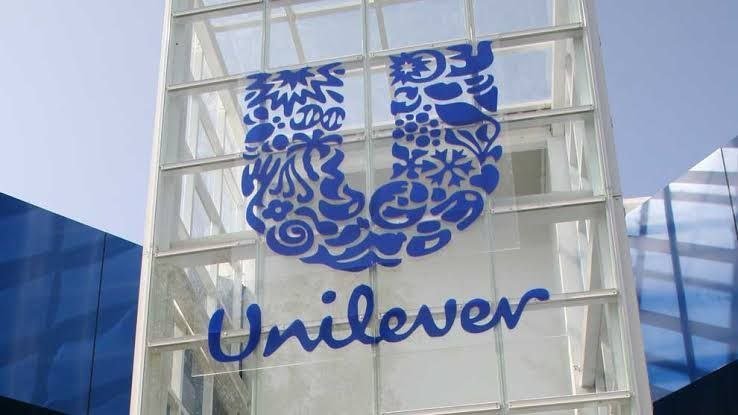
The Competition Authority of Kenya (CAK) has punished consumer giant Unilever Kenya for exploiting smaller traders by revising payment terms.
Findings from a probe by CAK ruled that the consumer giant abused its buyer power – the ability of dominant firms to obtain advantageous terms of trade from their suppliers.
Buyer power can be abused where the buyer has significantly more bargaining power than the seller.
Unilever revised the payment periods for its 75 suppliers, mostly local traders, from 60 days to three months.
It gave the traders one week to accept the varied terms or drop them from its sought-after list of suppliers.
They, however, exempted 23 of its large and foreign suppliers from the delayed payment order.
The delayed payment was meant to boost the cash flow of Unilever while hurting those of its suppliers as the consumer giant fights to retain its dominance that has come under a severe attack from homegrown rivals.
The competition watchdog reckons the revised payment terms amounted to an abuse of buyer power, which attracts a penalty of Sh10 million and jail terms of five years for executives of firms in breach.
It has since ordered Unilever to cut the repayment period for a supplier to between 30 and 45 days and to increase spending on local supplies by over Sh400 million over the next three years starting next month.
From an exclusive brief on the probe, it is understood that Unilever sought to settle the breach with the CAK to avoid financial penalties and jail for its executives.
“The settlement follows investigations into the alleged breach of Abuse of Buyer Power provisions of the Competition Act,” said the brief.
“The Authority’s finding was that Unilever possessed buyer power over its suppliers, a majority of whom are SMEs.”
The probe revealed that Unilever Plc’s trade terms provided for an average of 30 days payment period, and not the 90 days mentioned by the Kenyan subsidiary.
CAK further said that its investigations revealed that “Unilever presented a superficial choice to its suppliers, based on the limited time (about a week) given to respond to the varied offer and the language of the communication made it clear that the matter was not open to discussion.”
Claims of abuse of buyer power came into sharp focus in early 2018 following complaints by supermarket suppliers that retailers were using their dominance to delay payments, which triggered the collapse and auction of firms feeding the stores with goods.
The CAK may also impose administrative remedies, including a penalty of up to 10 per cent of a firm’s annual sales and a reversal of the violation.
The buyer power law, which took effect in 2018, aims to protect firms with weaker bargaining power from unscrupulous dominant companies.
Rather than face off with the competition watchdog in a tribunal or court, Unilever opted for a settlement.
They have agreed to increase its local procurement spend by Sh400 million over three years beginning January 2023.
Unilever has also committed to reduce its payment period for supplies to between 30 and 45 days and invite at least two local SMEs suppliers to all its tenders.
It will also set aside an annual budget of Sh75 million for development training for its SME suppliers for three years.
Unilever Kenya is one of the multinational’s three strategic hubs in Africa, alongside Nigeria and South Africa.
It runs a manufacturing plant in Nairobi’s Industrial Area for its consumer goods and operates tea factories in Rift Valley.

















































